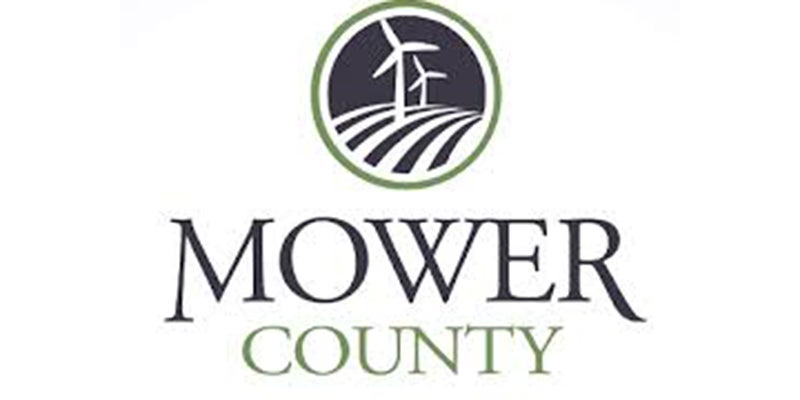Minnesota budget surplus grows to $1.65B; 2-year budget needs to be passed by late May
Published 10:12 am Wednesday, March 1, 2017
ST. PAUL — Minnesota’s Republican-controlled Legislature and Democratic Gov. Mark Dayton will have more money to haggle over in the new budget, after state budget officials announced Tuesday that the projected budget surplus has grown to $1.65 billion.
Top lawmakers had expected a $1.4 billion surplus, based on December estimates, but both sides have largely been in a budgetary holding pattern since session began in early January, as they waited for Tuesday’s estimate.
Stronger-than-expected tax collections buoyed the surplus, which budget officials said helped offset some state programs with slight cost overruns. Dayton, lawmakers and the state’s economist were scheduled to address the larger surplus later Tuesday morning.
Lawmakers have until late May to pass a new two-year budget. But several years of hefty budget surpluses have proven that extra money to spread around doesn’t ease the task — especially when power is split at the Capitol.
In the Legislature’s last budget-setting year of 2015, House Republicans clashed with Dayton and the then-Democrat controlled Senate, requiring a June special session to finalize budget bills that met Dayton’s veto pen. With the GOP now in control of the Senate, Republicans could push Dayton even farther, as in 2011 when they deadlocked, prompting a 20-day state government shutdown.
Dayton has already fleshed out his own budget proposal, a rough framework that he’ll likely retool in the coming weeks. The stronger surplus could embolden the governor to push harder for early childhood education and a statewide public health care option — two of his flagship goals laid out in his January State of the State address.
In all, Dayton is calling for a nearly $46 billion two-year budget, replete with extra funding for his prized new preschool program and $300 million in tax relief.
Even before the final scope of the budget surplus came into view, Republicans said they would press Dayton to devote more dollars to tax relief. They’ve started lining up some massive tax cuts, including phasing out the state’s tax on Social Security income, which eventually could cost more than $500 million a year.
However, while Rep. Jeanne Poppe, DFL-Austin, noted the positive metrics, she emphasized the importance of continuing to look for improvements
“The economy is performing well and the data proves it. Not all Minnesotans are feeling the positive effects of this and we need to be sure we are doing everything possible to capitalize on our strong position,” said Poppe. “A common argument is that a surplus comes from taxes being too high. But responsible budgeting and one of the highest ‘tax fairness ratings’ in the nation has put us in this great position.”
Reinvesting in priorities that make a difference to regular Minnesotans and providing relief to working, middle-class families build a solid foundation for the years ahead, she said. With the forecast released, committees have all the tools needed to set budget targets and get vital work done before the May deadline.
“Critical fiscal bills must be passed to keep the budget going and avoid shutdown. The pieces to avoid a shutdown are now in place,” continued Poppe. “I am ready to get to work with Gov. Dayton and my colleagues in the House to ensure better economic outcomes for Minnesota families.”
Sparks also said it’s good news that the surplus has increased $2.5 million since November. He plans to focus on tax cuts and spending.
“It’s important for all of us to put together a budget for the state of Minnesota.” he said.
Sparks committed to working with the Republicans to pass legislation to benefit people, and he wants to pass a comprehensive transportation package and invest in education and pass a tax bill and a robust bonding bill.
Dayton continues to push for a gasoline tax to pay for a backlog of road and bridge repairs and the surplus will figure heavily into that ongoing transportation funding debate. Republicans have signaled they could tap some of the excess budget to finalize a funding package that has eluded Minnesota lawmakers for years.
As lawmakers awaited an updated readout on the state’s financial standing, the Legislature has focused on smaller policy items, such as passing premium relief to offset massive health insurance hikes, moving to allow Sunday liquor sales and finally getting Minnesota in line with federal ID standards for domestic flights.
—The Austin Daily Herald contributed to this report.




